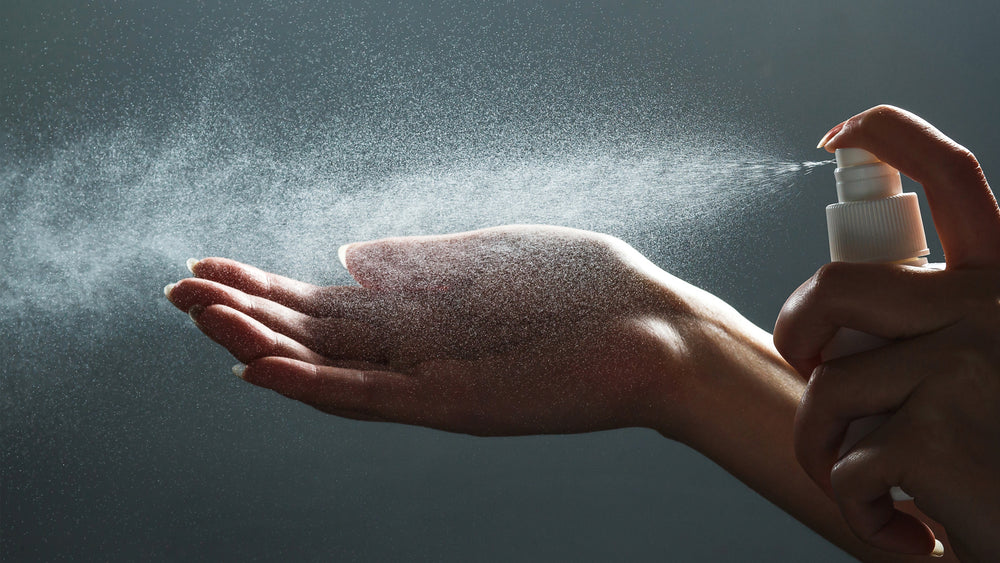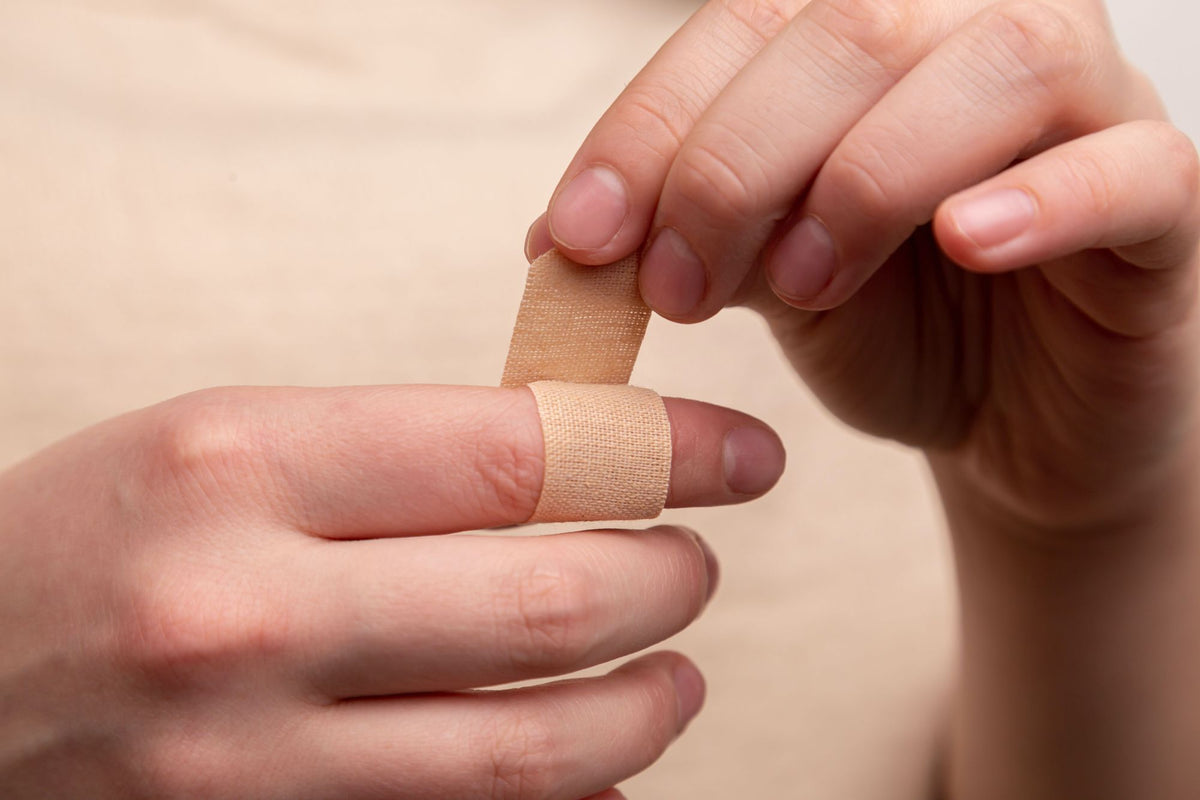As we go about our daily lives, accidents can happen. From minor scrapes and cuts to more serious injuries, having an at-home first aid kit is essential. While there are many items you may include in your first aid kit, one that you should definitely consider is HOCl.
What is HOCl?
HOCl, also known as hypochlorous acid, is a potent and natural disinfectant that has been used for over a century to combat infections. It is a type of bleach that the human body's immune system produces to fight off bacteria, viruses, and other pathogens.
In this article, we explore some important reasons you should consider including hypochlorous acid in your at-home first aid treatment options.
HOCl Effectively Kills Bacteria and Viruses & Promotes Fast Healing of Wounds
HOCl has been proven to eliminate a wide range of bacteria and viruses, including those that cause infections such as MRSA, E. coli, and influenza. By applying HOCl to a wound or cut, you can reduce the risk of infection and promote faster healing².

HOCl is Non-Toxic & Safe for Kids and Pets
HOCl is unique among disinfectants in that it is non-toxic and safe for use on all skin types. Unlike other disinfectants, hypochlorous acid does not contain any harmful chemicals¹ or fragrances that can cause skin irritation. As a result, it is safe for use on both children and pets.
HOCl is Versatile and Safe
HOCl can be used for various applications, including treating wounds and burns, and even as a mouthwash to help prevent bad breath and gum disease. HOCl is even safe for use on the most sensitive areas of the skin, including the skin around the eyelid!

The Obvious Choice You May Not Have Made yet
As far as potent yet natural disinfectant and antiseptic products go, hypochlorous acid (HOCl) is a no-brainer that should be included in your at-home first aid kit no matter what. It can help to kill bacteria and viruses, is non-toxic and safe for all skin types, and is versatile and easy to use. By adding HOCl to your first aid kit, you can help to protect yourself and your family from infections and promote faster healing.
Full References
- Block, M. S., & Rowan, B. G. (2020). Hypochlorous acid: a review. Journal of Oral and Maxillofacial Surgery, 78(9), 1461-1466.
2. Gold, M. H., Andriessen, A., Bhatia, A. C., Bitter Jr, P., Chilukuri, S., Cohen, J. L., & Robb, C. W. (2020). Topical stabilized hypochlorous acid: The future gold standard for wound care and scar management in dermatologic and plastic surgery procedures. Journal of cosmetic dermatology, 19(2), 270-277.
To learn more about HOCl, or to get started with our products, visit our our hypochlorous collection today!


